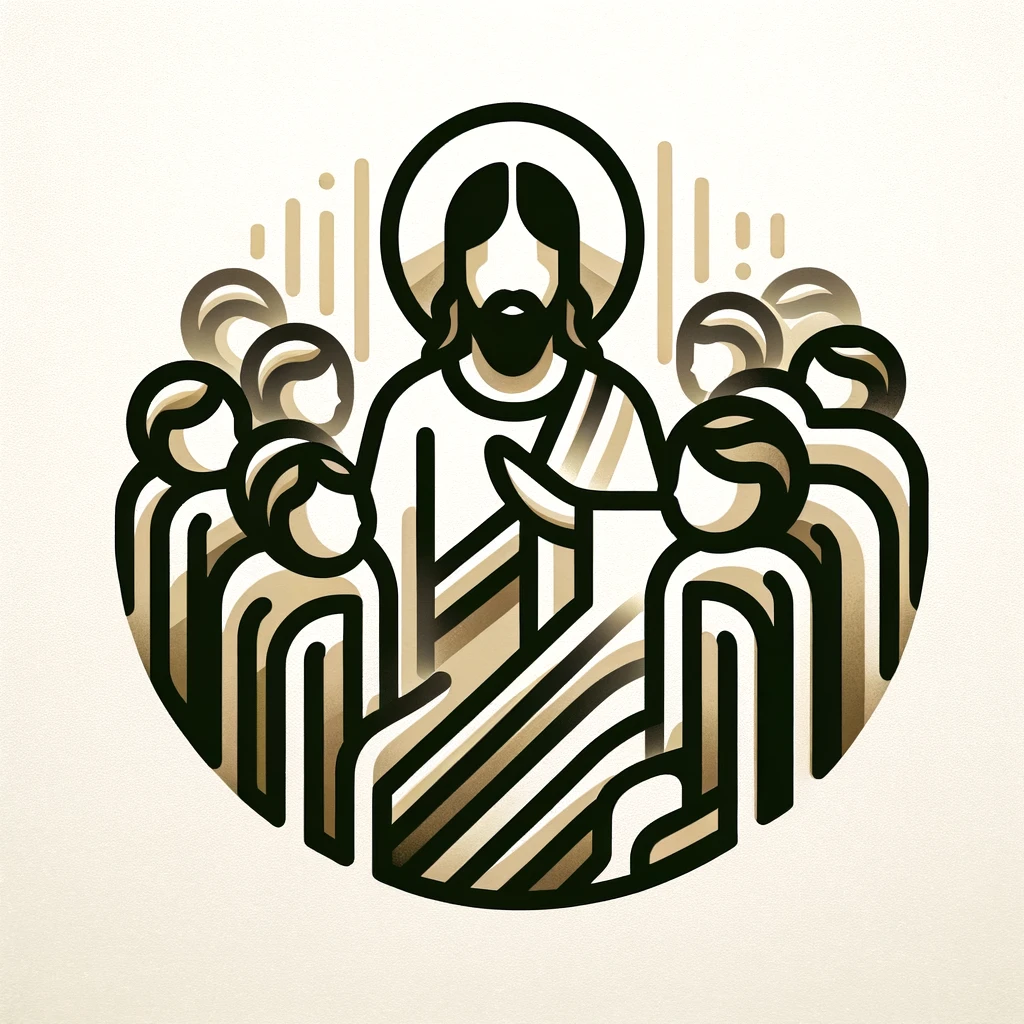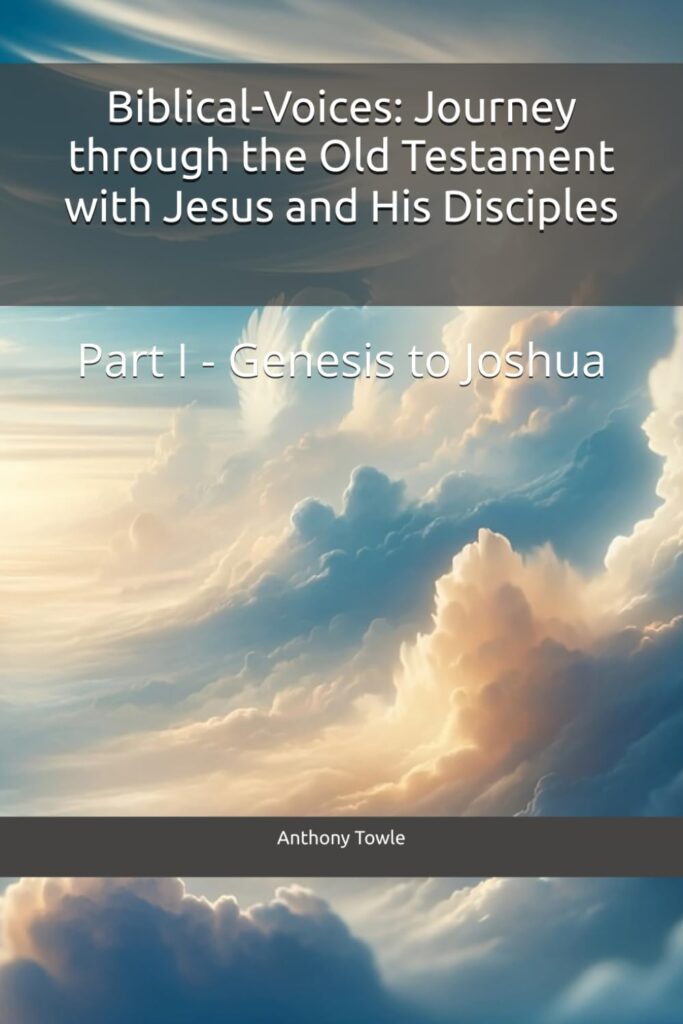Jesus: My friends, let us contemplate the harmony found in the Gospels of Matthew, Mark, and Luke. These accounts, often called the Synoptic Gospels, share many similarities in their chronicles of my life and teachings.
Peter: Master, I’ve noticed that many events are recounted in all three Gospels. Is there a reason for this repetition?
Jesus: Peter, each of these Gospels, though they share common events, is written from a unique perspective and for a distinct audience. Matthew, a tax collector, wrote mainly for a Jewish audience, emphasizing how I fulfill the Old Testament prophecies.
John: I’ve seen that Mark, whose account is the briefest, focuses more on your actions, Lord, and the immediacy of your mission.
Jesus: Precisely, John. Mark presents a vivid, action-packed narrative, appealing to a Roman audience, emphasizing my role as a suffering servant. Luke, a physician, offers a more detailed and orderly account, appealing to the Greeks by highlighting my compassion and concern for all humanity, including the marginalized.
Andrew: It’s fascinating, Lord. But why are there differences in some of their accounts? For instance, the Sermon on the Mount in Matthew and the Sermon on the Plain in Luke?
Jesus: Andrew, remember that each Gospel writer, guided by the Holy Spirit, chose specific events and teachings that best addressed the needs and questions of their respective audiences. While there may be differences in detail, the essence of my message remains consistent – the call to faith, repentance, and the coming of the Kingdom of God.
Thomas: But, Lord, how should we, who follow you, understand these differences? Should we doubt the accuracy of these accounts?
Jesus: Thomas, rather than doubt, see these differences as different facets of the same truth. The Gospels, in their diversity, offer a fuller, richer picture of my life and ministry. They are not contradictions but complementary accounts, each revealing a unique aspect of my message and purpose.
Bartholomew: It’s truly profound, Master. The same story told in different voices, yet it all converges to reveal your divine mission.
Jesus: Yes, Bartholomew. In their harmony, these Gospels invite everyone, Jew and Gentile alike, to come to faith and find hope in the good news of salvation.

